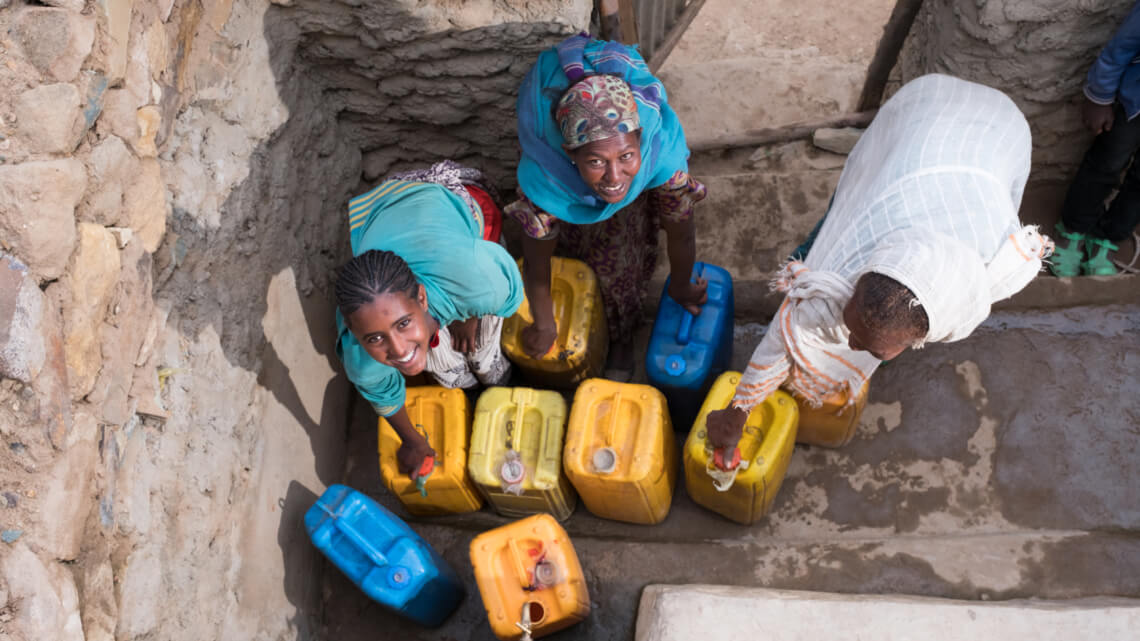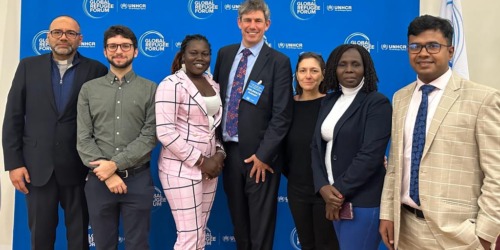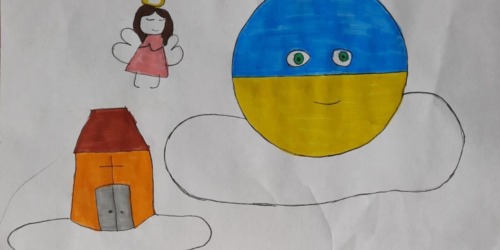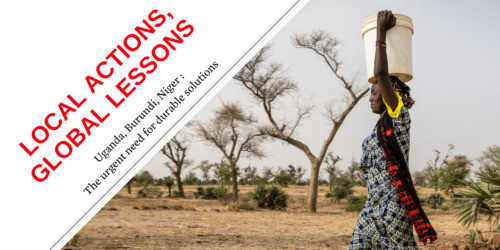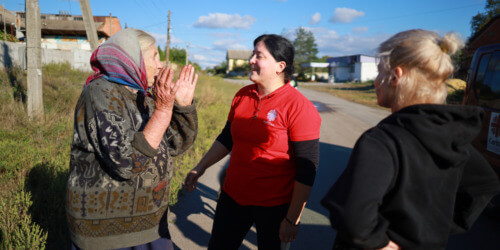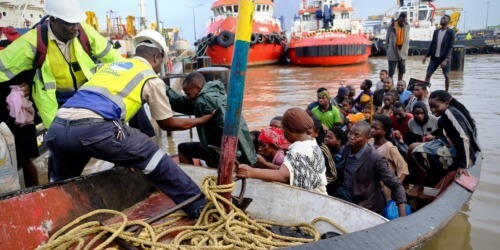In its 2018 global report on the development of water resources[1], the United Nations reported that global water use has increased six-fold over the course of the last 100 years and that it continues to increase about 1% a year. Water usage will continue to increase worldwide due to population growth, economic development and changing consumption patterns, among other factors. However, resources are wearing thin. From Ethiopia to Haiti, Niger or even Belgium, water is becoming increasingly rare, and sometimes even threatening (think of the recent cyclone Idai in Southern Africa or the tsunamis in Indonesia). In Belgium, groundwater is reaching alarming levels[2].
“We would drink stagnant water”
“I had several children: 14. But 10 of them died of illness: usually diarrhea or dehydration,” recounts Suleiman (78 years old), seated in the shade of a tree in the village of Adjekoria, Niger. More than 3,500 km away in Ethiopia, Mirhet was facing a similar situation: “I would set out at 5 am each morning to fill my jug in order to be able to cook breakfast for the children. I had to draw from dirty, shallow water. I was never able to get enough, and it was so dirty!” Now she, her family, her whole village and the neighboring villages have access to clean tap water. “When I was younger, more food came directly from the earth. Today, climate warming, deforestation, and population growth mean that the land is always being used. It never has time to rest,” remembers Suleiman.
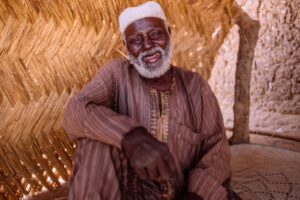
©Isabel Corthier
Water is at the heart of Caritas’s projects
“A lack of water impacts your life’s entire trajectory,” explains Bernadette Van Raemdonck, head of Caritas International’s international cooperation programs. “Without water, there can be no crop irrigation, and thus no harvest. Without a nearby water source, women and children walk for hours instead of going to school. Without clean water, diseases are spread. At Lake Chad, drought also has a geopolitical impact. Water is thus at the heart of our programs, whether that takes the form of distributing WASH kits in times of crisis, or whether it’s at the level of food security, and hygiene and sanitation projects. In collaboration with local communities that manage water sources, we brainstorm solutions to produce greater harvests while using water more efficiently.”
Natural solutions
“Global demand for agricultural and energy production (mainly food and electricity) is expected to increase from 60% to 80% by 2025. In the same period, the global water cycle will become increasingly intensified due to global warming, with humid regions becoming more humid and dry regions becoming drier,” adds the United Nations report before advocating for natural solutions such as ecohydrology, green infrastructure, forest restoration, and ecosystem-based disaster risk reduction (DRR).
“In Burundi, the DRR committees in Rutana that Caritas put in place and supported have supported action plans to achieve this goal,” explains Grégory Claus, the project manager. “The problem of erosion due to deforestation and agricultural overexploitation has been central to their findings and action plans. Several actions have been undertaken since, for example, the setting up of forest plant nurseries with the use of baskets made from banana leaves instead of the usual plastic bags, hilltop reforestation, riverbank stabilization, and crop diversification…”
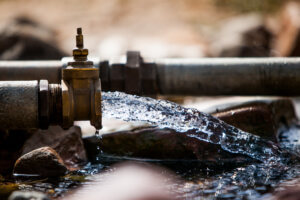
©Isabel Corthier
Rainwater, seas, lakes, groundwater: life sources
“The focus should be on how to protect water resources,” adds Martine Haentjens, responsible for Caritas International’s projects in Haiti. “More than 2 billion people in the world do not have reliable access to drinking water. In certain areas of the world, water is contaminated by plastic. We must change this.”
Health, environment, agriculture, wellbeing…water is essential to daily life. It sets everything in motion: countries, people and life. Caritas is committed to working on the side of the most vulnerable, whether they be in Belgium or elsewhere, to improve their lives and make a difference.









